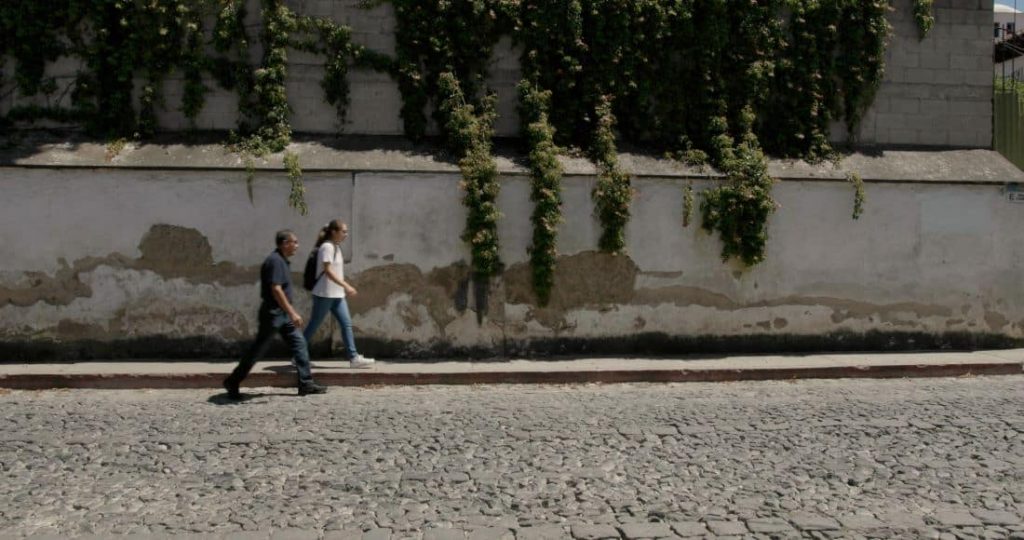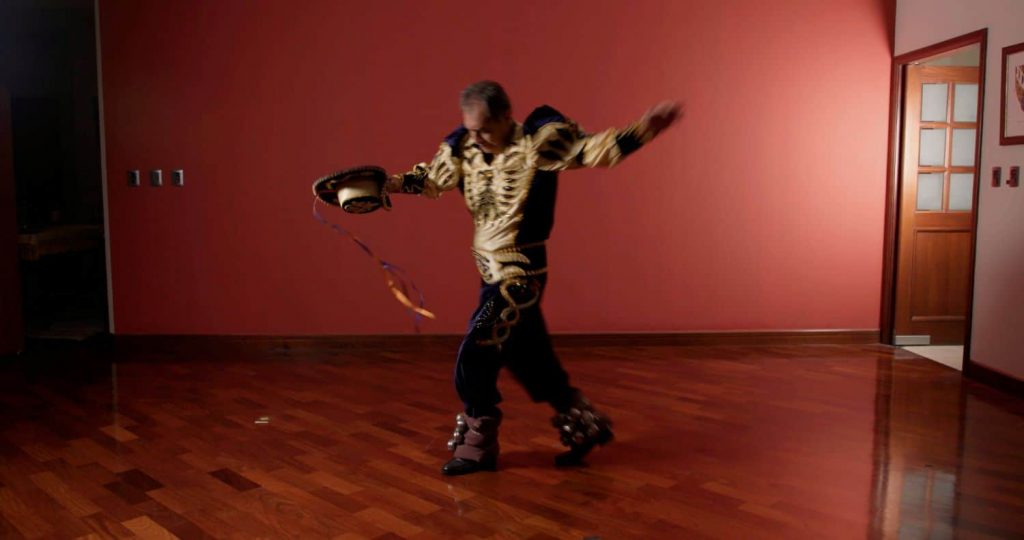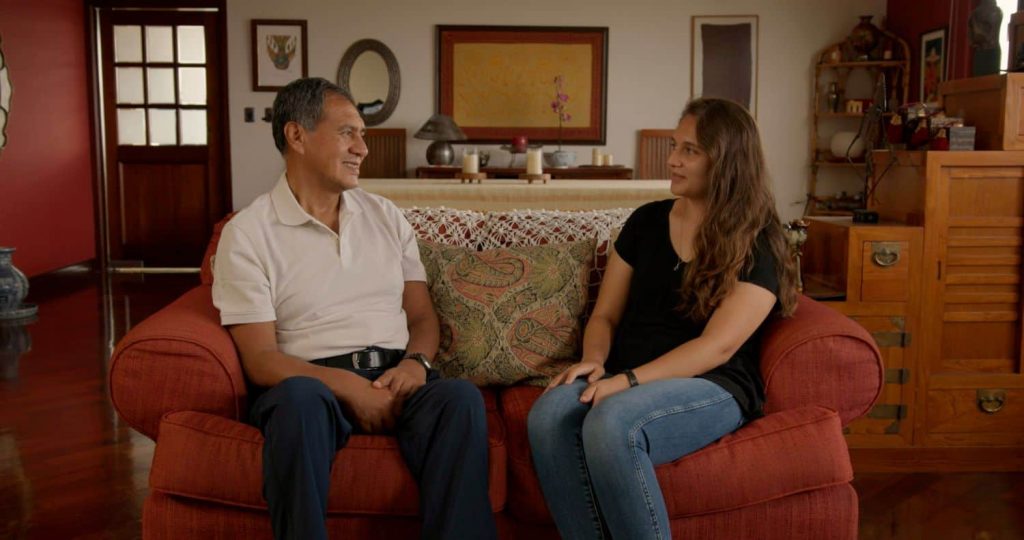
At Emerson, we educate students to be a creative force, and a masters thesis project is a great way for students to show their creativity. Today we are highlighting a current Film and Media Art student, Isabel Miranda, who is working on her thesis film. Keep reading to hear more about the thesis process at Emerson!
Why Emerson?
“I graduated from college with a focus in studio arts and geography, but then I decided to shift more towards the arts,” Isabel explains. After graduating, Isabel took some continuing education classes through MassArt, where one of her classmates was a professor at Emerson. That professor saw Isabel’s work and pushed her to apply.
At first, Isabel was unsure about going back to school. However, after touring the program and meeting the faculty, she decided to apply. “All the professors I met were really nice and looked at my portfolio even though I wasn’t even their student yet,” Isabel adds. The welcoming atmosphere at Emerson drew Isabel to the school and was a major reason she applied.
Isabel was afraid she might not get into Emerson’s program, but after applying she received a full scholarship that made returning to school accessible for her.
MFA Thesis Requirements
Students in the Film and Media Art MFA are required to complete a capstone thesis project. While most students produce a narrative film or documentary for their thesis project, students have flexibility with what media they use for the project. Some students chose to make an installation project or an immersive virtual reality project.
What are the benefits of doing a thesis project?
Isabel describes how completing a project pushes students to be independent leaders. “Your thesis is like your baby, and you learn to nurture this idea you have into a reality,” she says. To successfully complete a thesis project, students have to build and manage a crew, oversee the filming process, and edit all of the footage. Through this process, students learn how to lead a team and build a film or piece of media art from the ground up.
She notes that completing a thesis gives students valuable professional experience that makes them more desirable employees after graduation. Students must oversee every aspect of their film production, including lights, audio, post-production, and more. “It really pushes you to be aware of every stage of filmmaking,” Isabel adds. After completing their theses, students are comfortable using terminology from all the departments involved in filmmaking, which makes them versatile employees.
What is your thesis project?
“It’s a hybrid documentary that stems from the question, ‘Where are you from?’” Isabel grew up in seven different countries and struggled to feel at home in any one place as a child. She describes not knowing what to tell kids at a new school when they asked her where she was from.

Titled El Tio Viajero (The Traveling Uncle), Isabel’s project is a mix of observational footage, animated scenes, old home videos, and archival footage. Throughout the film, Isabel’s main characters are herself and her father. Her father is Bolivian and throughout his extensive travels, he’s maintained his identity as Bolivian through cultural practices, cuisine, and music. “I have a very different experience from him. I don’t feel like I’m ‘from’ any one place,” Isabel explains.
Throughout her film, Isabel explores the interaction between identity and location, questioning how people develop identity in a globalized society where relocation is much more common. For a trailer and more information about El Tio Viajero, be sure to visit Isabel’s GoFundMe page for the film!

What’s the most interesting thing about your thesis?
“I think what’s really interesting about the film is that it touches on such an important topic in this day and age. We live in a time when people move around more and the world is smaller than it used to be,” Isabel explains. “I think it’s interesting that I show identity as not part of a nation, but more broad than that. How do we develop identity when all of these boundaries are being broken?”
In addition to the importance of the film’s topic, one of Isabel’s favorite scenes in the film is when her father performs a Caporales dance, a traditional Bolivian dance. Isabel says she loved capturing her father dancing on film.
What is a challenge you’ve had to overcome during this thesis project?
“It’s hard editing footage that my family and I are in,” Isabel says. She sometimes worries about being true to what her parents are trying to say in their interview answers. Isabel says she has to think carefully about how her edits of the footage are painting her family.
Another challenge Isabel faced was the production project. To film El Tio Viajero, she traveled to her parents’ house in Guatemala City. To make sure her parents were comfortable with the filming process, Isabel and her husband were the only ones filming. “It was so much work for just two people,” Isabel recalls. While the work was tiring, Isabel is happy with her footage and is excited to release her film this fall.
What’s next?
After graduating in December 2023, Isabel hopes to find a job in film production or documentary work. She recently attended an event about Emerge, Emerson’s professional networking platform, and is hoping to find a position through one Emerson’s many successful alumni.

Isabel also wants to continue making art after graduation. She hopes to enroll in a documentary lab, where artists can be supported in producing films. She is particularly interested in the labs at UnionDocs, a center that educates and supports artists in creating documentary films.
Isabel is excited to showcase her thesis film in the fall and looks forward to her artistic journey after graduation. To keep up with Isabel and her work, be sure to follow her on instagram @isa.miranda.9. Also be sure check out her website. For more information about Emerson’s Film and Media Arts MFA, visit our website or contact an admissions officer who can answer any questions you may have.


Leave a Reply